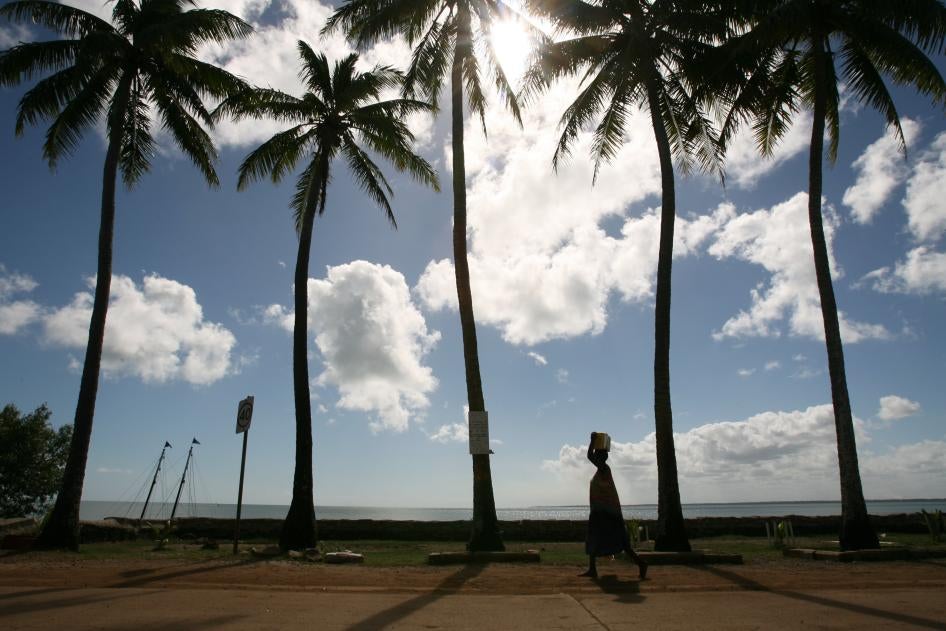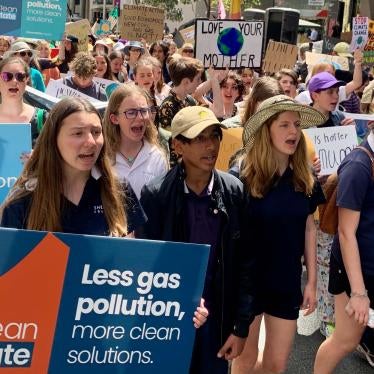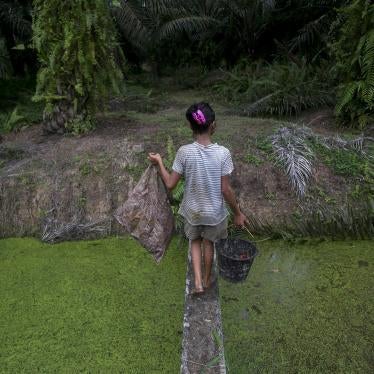The United Nations Human Rights Committee on September 23 found that the Australian government had violated the rights of Indigenous Torres Strait Islanders by failing to adequately protect them against the adverse impacts of climate change.
The groundbreaking decision of the committee, an independent expert body that monitors state compliance with the International Covenant on Civil and Political Rights (ICCPR), establishes important protections under international human rights law for climate-affected communities.
The complaint was the first legal action brought by climate-vulnerable inhabitants of low-lying islands against a state. Eight Australian nationals and their children, Indigenous inhabitants of the Torres Strait region, alleged that Australia failed to implement an adaptation program to ensure the long-term habitability of the islands.
The committee heard that changes in weather patterns harmed the Islanders’ livelihoods, culture, and traditional way of life. Severe flooding caused by tidal surges destroyed family graves, while heavy rainfall and storms degraded the land and reduced the amount of food available from traditional fishing and farming.
The committee found that despite construction of some seawalls on the islands, the Australian government had not taken sufficient steps to protect the Islanders’ homes and livelihoods. The committee also found that that the government had not provided the Islanders with a way to maintain their traditional way of life and transmit their culture to their children.
“States that fail to protect individuals under their jurisdiction from the adverse effects of climate change may be violating their human rights under international law,” said Hélène Tigroudja, a committee member.
Under the Optional Protocol to the ICCPR, states have an obligation to provide those whose rights have been violated with an effective remedy. The committee ruled Australia should pay adequate compensation to the claimants and secure the communities’ “continued safe existence” on the islands.
The Human Rights Committee decision paves the way for further legal action and compensation claims by other climate-affected communities around the globe. It sends a clear warning to all governments that they need to protect citizens from climate harm, and failure to do so may make them legally liable. To avoid similar violations in the future, the government should immediately adopt robust and rights-respecting climate mitigation and adaptation policies consistent with the best available science.







